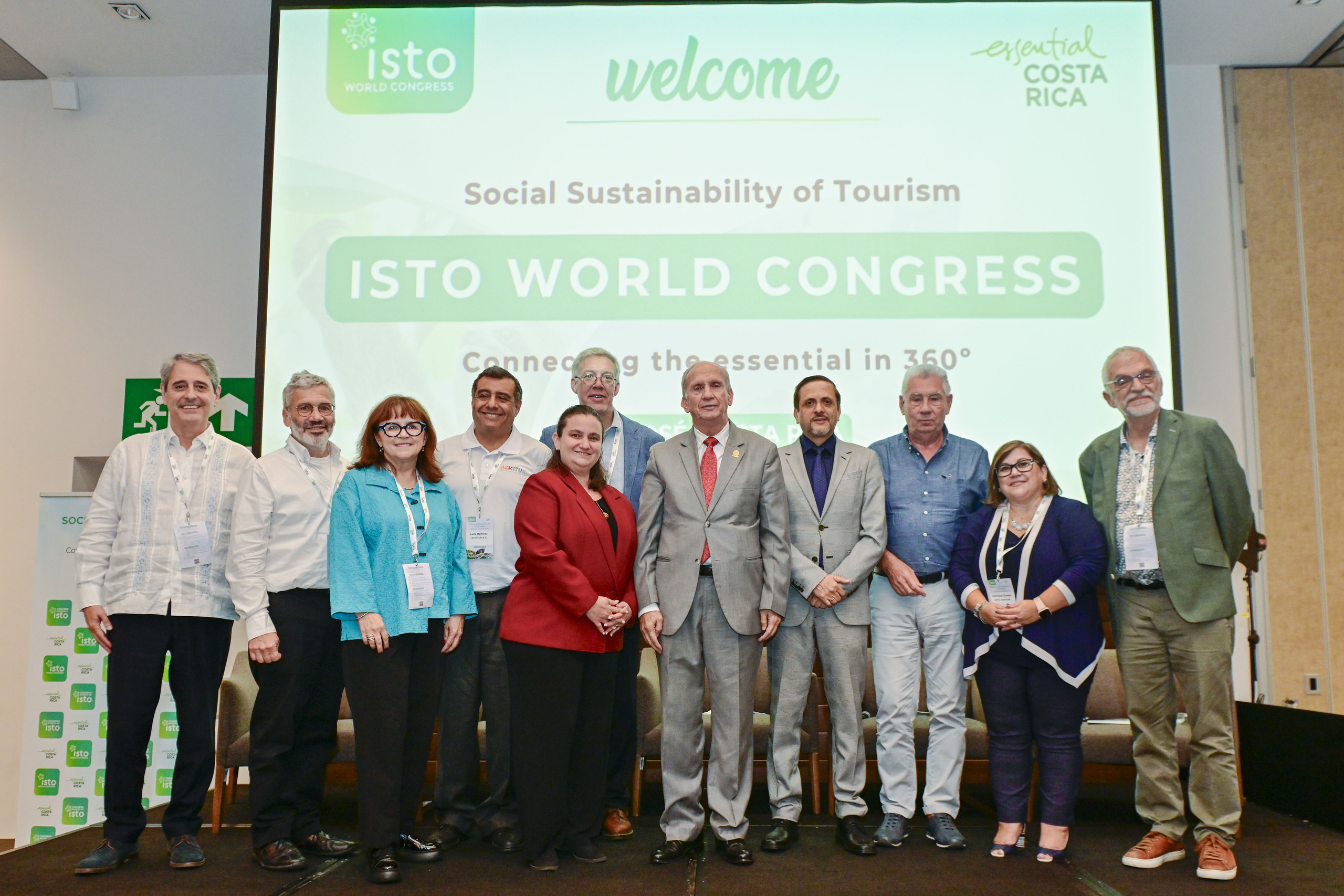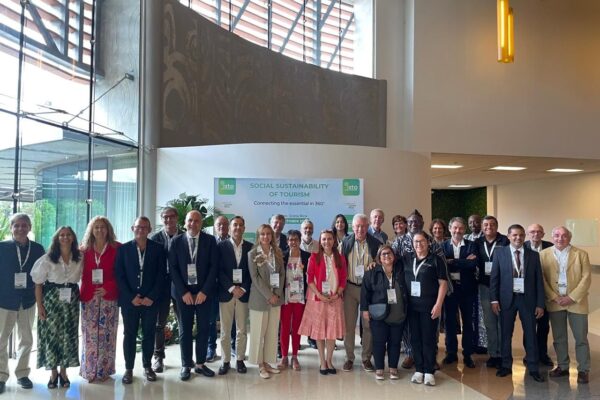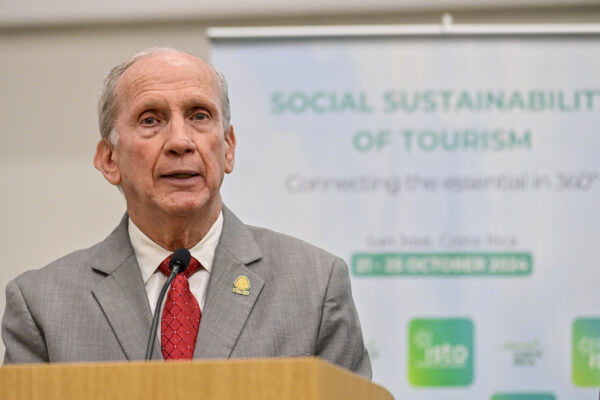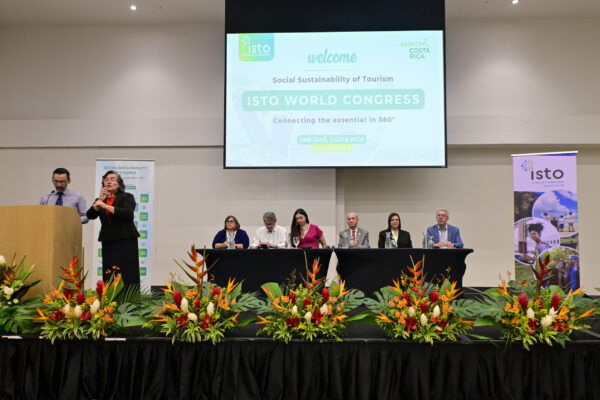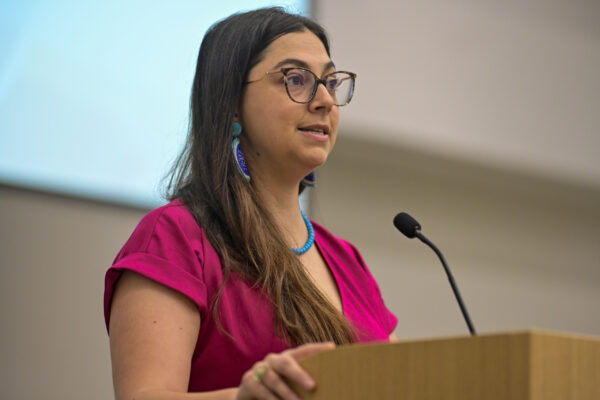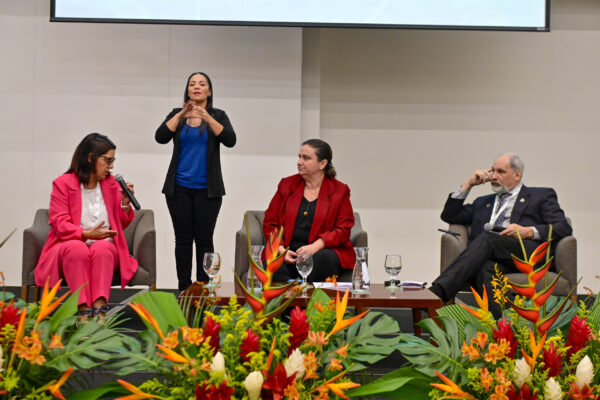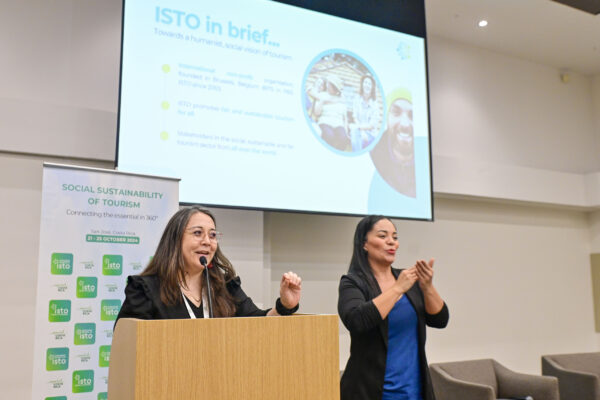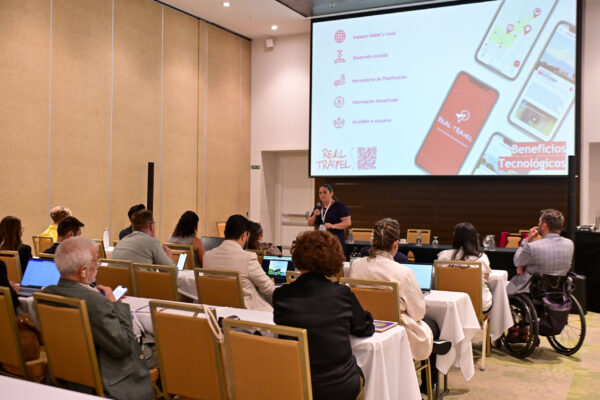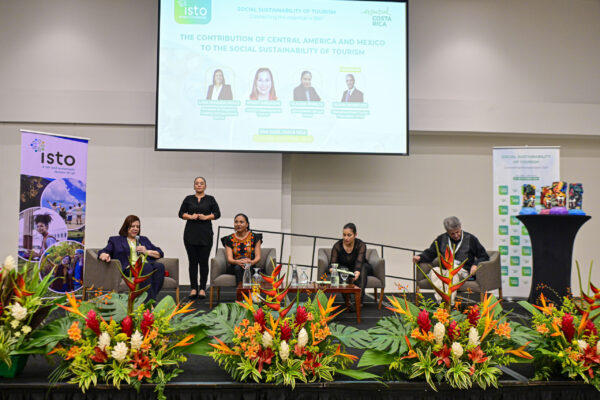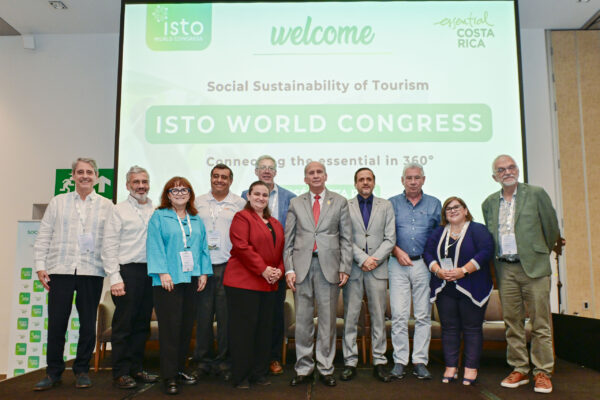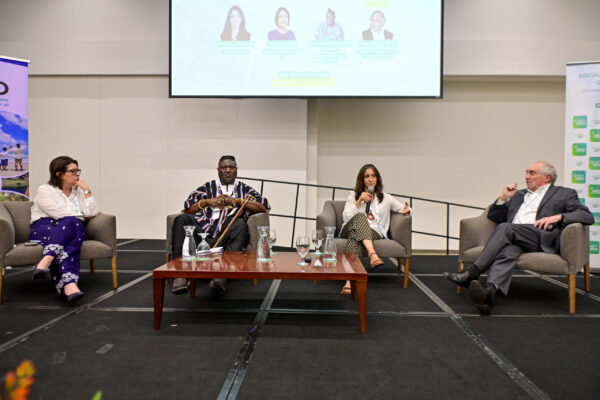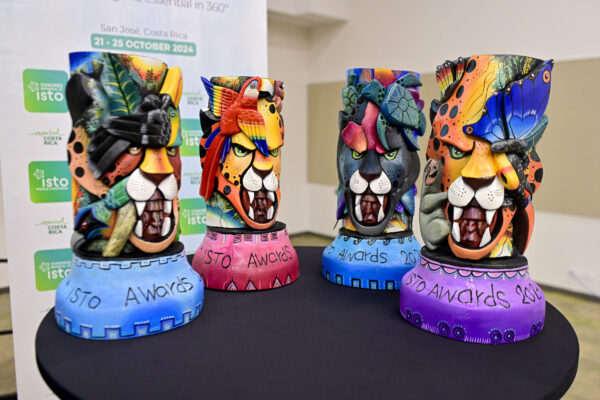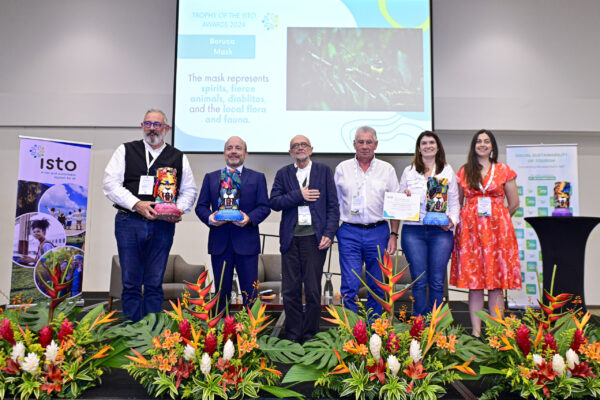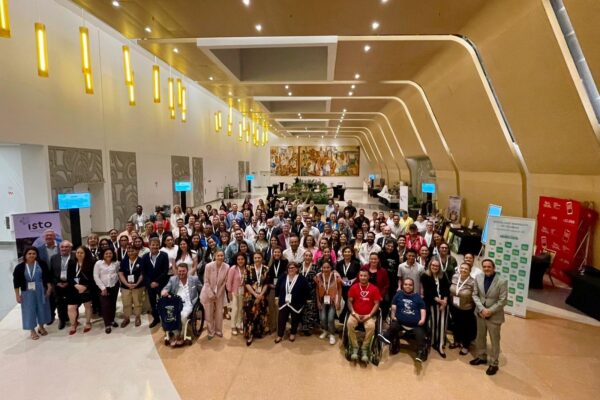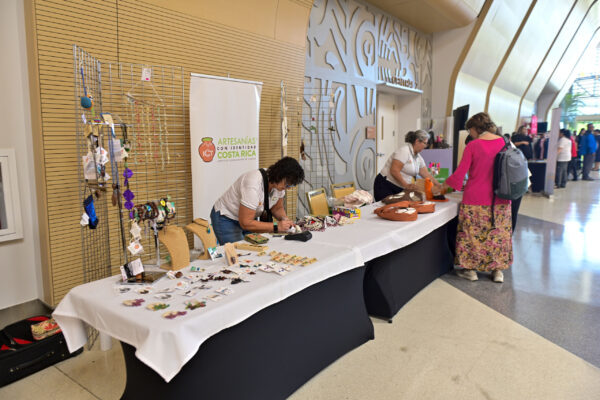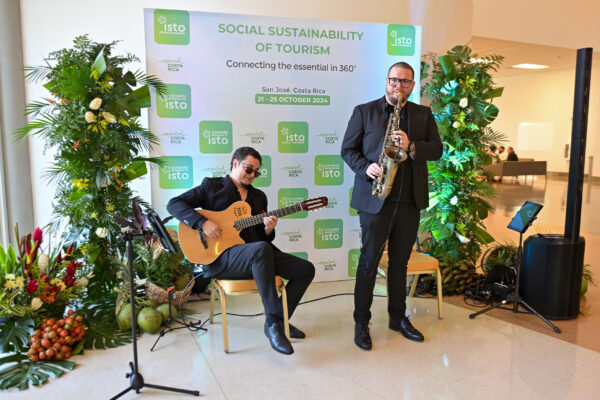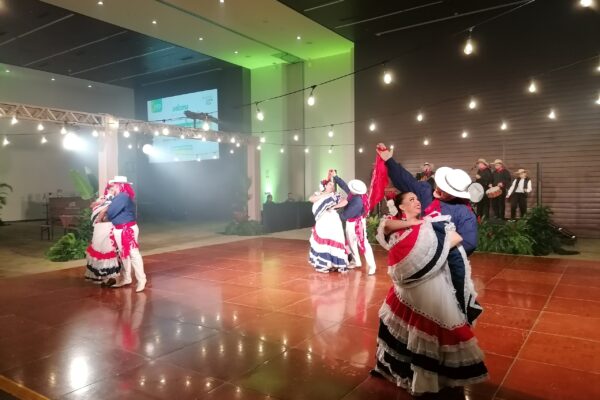The 29th World Congress of the International Social Tourism Organisation (ISTO) was held from 21 to 25 October 2024 on the theme of ‘Social Sustainability in Tourism: Connecting the essential at 360°’. Organised in partnership and with the support of the Costa Rican Tourism Institute (ICT), this international event was held for the first time in Central America, in San José, Costa Rica.
For this first ISTO World Congress organised in Central America, ISTO was supported by the Costa Rican Institute of Tourism (ICT) both in terms of logistics and the organisation of the event on site, at the Costa Rican National Convention Centre.
10 years after the last World Congress in the Americas, ISTO turned its attention to Costa Rica, renowned for its ecotourism policy and its commitment as a destination to the environmental and social pillars of sustainable development.
The five-day event was divided into three main sessions. October 21 and 22 were devoted to the ISTO DNA 360º Experiences, field visits organised for the first time at the start of an ISTO World Congress and which enabled registered participants to discover certain aspects and best practices of Costa Rica's tourism ecosystem.
Wednesday 23 October was dedicated to ISTO's statutory and internal meetings, including a General Assembly at which the 15 recently elected members of the Board of Directors were promulgated.
October 24 and 25 focused on the 360° of Social Sustainability in Tourism, with the congress opening with a speech by Costa Rica's Minister of Tourism, William Rodriguez, who underlined the potential of tourism as a resource for employment and human well-being.
During those two days, ISTO could count on the participation of more than fifty tourism players and experts to lead 7 round tables based on ISTO's DNA, as well as plenary sessions and conversation panels. Ligia Miranda, Executive Secretary of the Central American Secretariat for Integration (SITCA), Rodolfo Lizano, Director of Tourism Strategy at the Costa Rican Tourism Institute (ICT), Raquel Huete, Professor and Researcher at the Instituto Universitario de Investigaciones Turísticas of the University of Alicante, and Richard Streitz, Director of Operations at Ruh Global IMPACT and Vice-President of Billion Strong, are among the renowned figures in the tourism sector who shared their vision of Social Sustainability in the tourism sector and presented the best practices implemented by their organisations.
